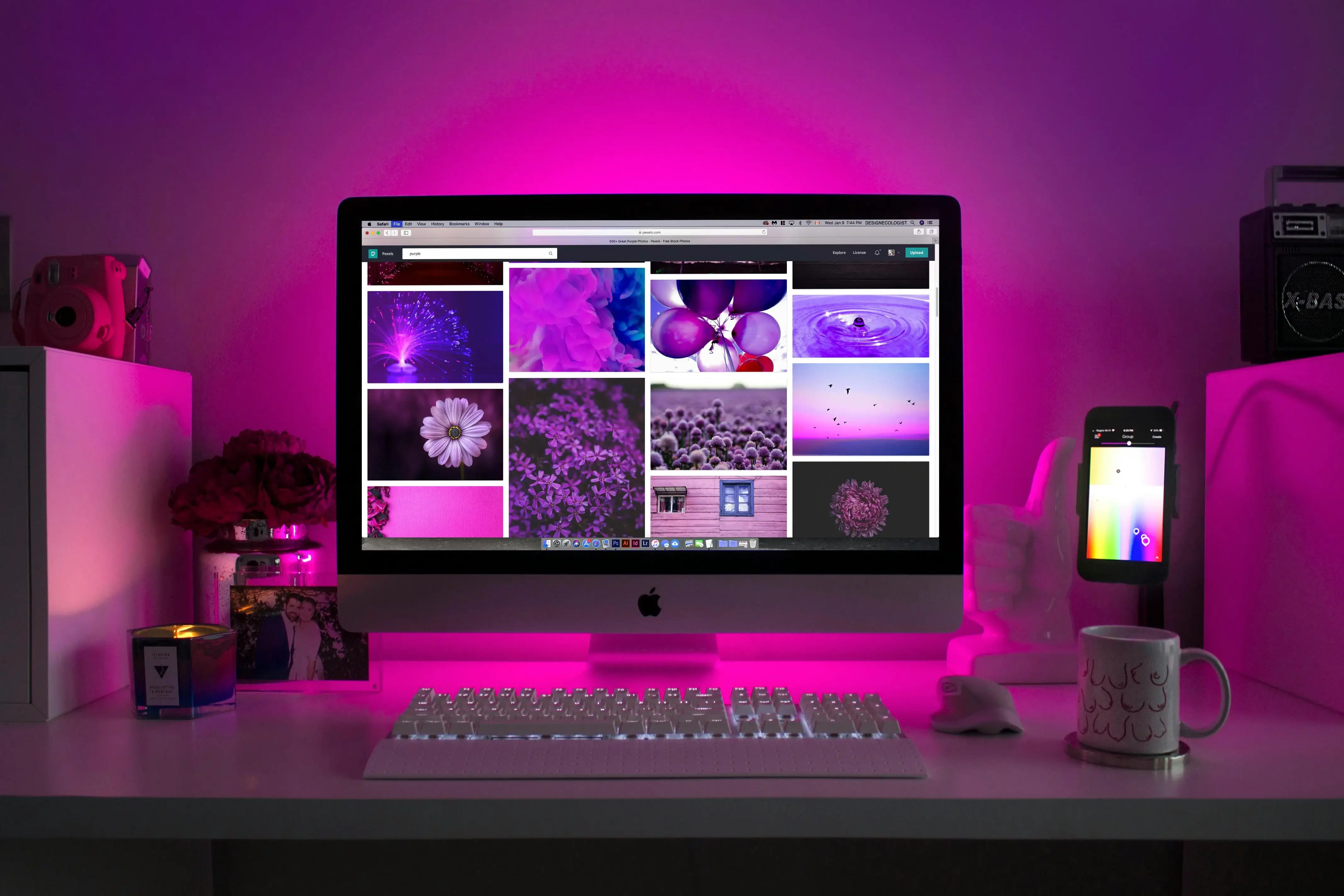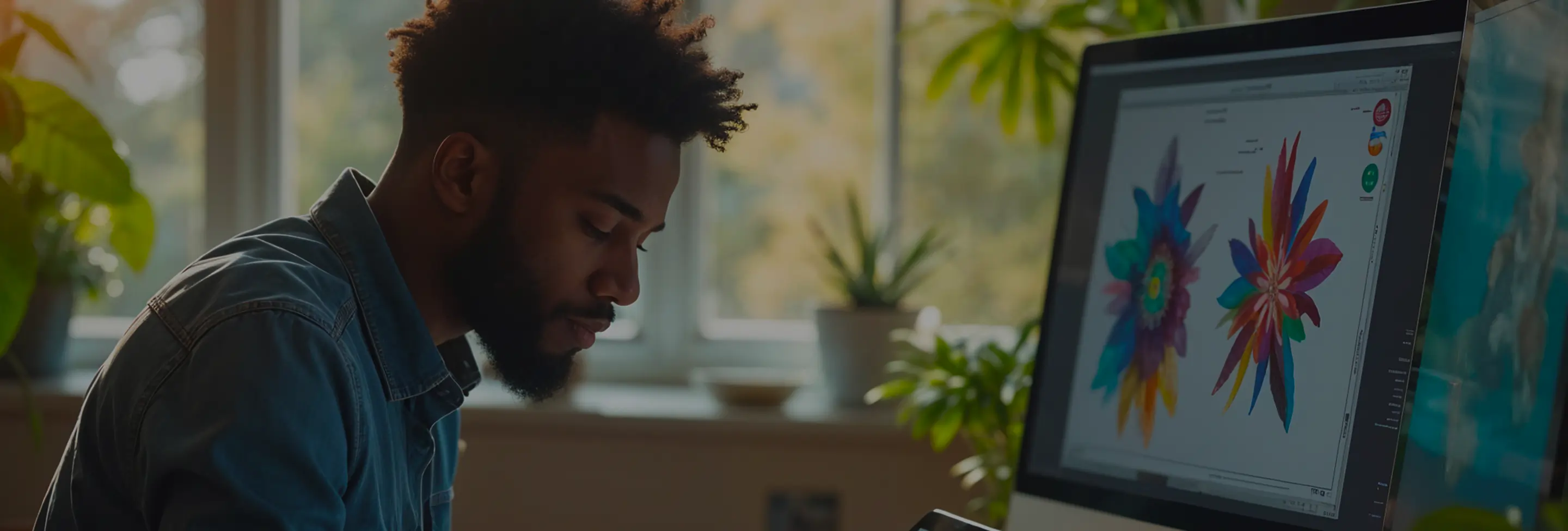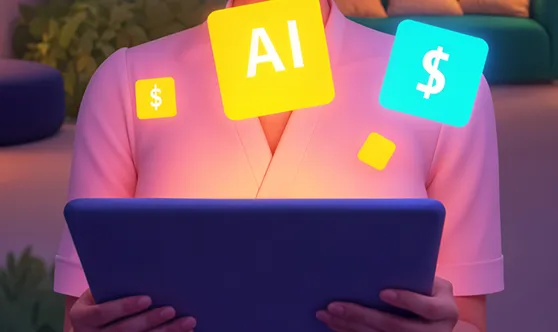
Web design and UI/UX are no longer just about aesthetics—they're about performance, psychology, and retention. In 2025, the difference between a visitor who bounces and one who converts often comes down to how intuitive, accessible, and emotionally resonant your site feels.
At Tapflare, we work with fast-scaling startups and established teams looking to elevate their digital platforms. This article explores industry insights into what's changing in design and user experience—and what it means for your business today.
Once considered subtle flourishes, microinteractions—like a heart icon bouncing when clicked or subtle hover animations—are now essential to creating emotionally engaging experiences.
Well-designed microinteractions improve usability, reinforce brand personality, and guide user behavior. If your current UI feels static or unengaging, it's likely missing these interactive cues.
Want to see how micro UX patterns tie into broader design principles? Review our thoughts in Mastering Startup Website Design: Expert Q&A to Propel Your Online Presence.
AI design assistants can now generate page layouts, recommend UX flows, and even automate design tokens across systems. However, human-centered design thinking remains irreplaceable.
We use AI tools like Uizard and Magician for Figma to speed up ideation—but always validate against user needs. Your creative direction still needs to be grounded in behavioral insights and usability testing.
For a grounded discussion on balancing AI with real-world needs, see our piece Mastering AI Website Development: Essential Q&A.
Responsive design is standard—but designing for the thumb zone and minimizing cognitive load on small screens is now a requirement. Features like gesture-based navigation, sticky buttons, and content chunking improve UX and reduce drop-offs.
Tools like Figma's mobile preview and Responsively help you test your layouts across breakpoints. But real value comes from understanding your audience's behavior in analytics tools like Hotjar.
Designing with accessibility in mind doesn't just help people with disabilities—it improves clarity, contrast, and usability for everyone. Use high-contrast palettes, visible focus states, and semantic HTML to ensure compliance and inclusivity.
For deeper accessibility guidance, we recommend WebAIM's checklist and automated tools like axe DevTools.
Websites are no longer static brochures—they are evolving into adaptive platforms that personalize in real-time. Whether it's conditional content, location-based offers, or dynamic design modes (light/dark), today's web experiences are contextual.
At Tapflare, we’re seeing this shift play out in the startup ecosystem. Read our reflections in Building a Startup Website: Expert Insights to Propel Your Success.
A cluttered or confusing website damages trust. Investing in smart UI/UX is one of the fastest ways to increase perceived professionalism and credibility. Great design isn't just about pixels—it's about positioning, clarity, and reducing doubt.
If your site looks like it was last updated in 2018, it's probably costing you conversions. Our internal blog on Mastering Startup Website Design breaks this down in greater detail.
In 2025, UI/UX and web design are about performance with personality. It's not enough to look good—you need to feel trustworthy, flow naturally, and deliver frictionless experiences. The brands that prioritize smart design now will win user trust, engagement, and loyalty faster than ever.
If your current design feels behind the curve, let's talk. Tapflare helps companies design and build interfaces that drive conversion, clarity, and scale. Contact us today to get started.




Subscribe to our newsletter to receive $100 off your first month of Tapflare's flat rate unlimited design and development service. Your coupon code will be sent to your email.